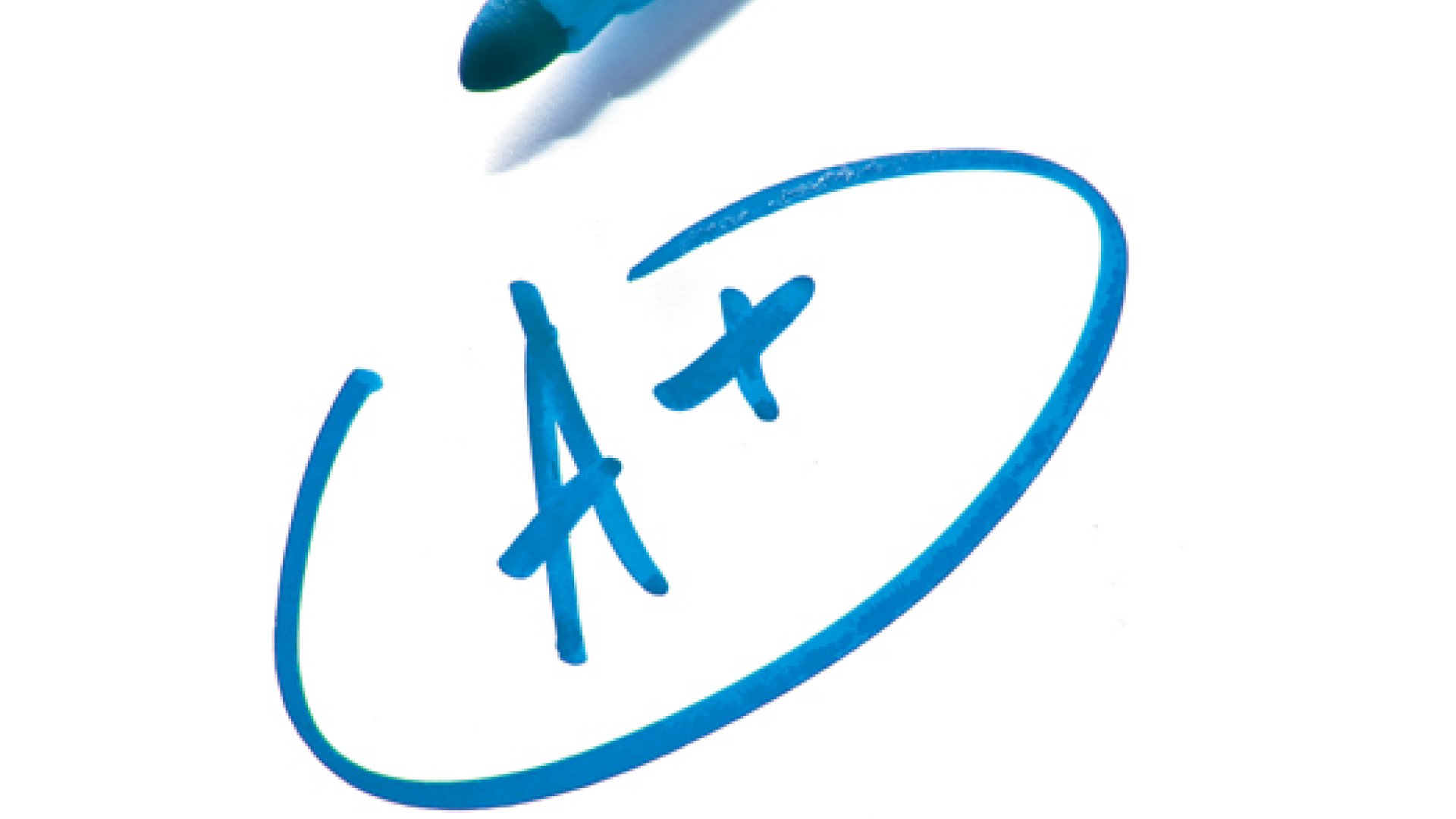Work to do
Assignments, Grading, and Policies

Expect a rigorous course where you will work and learn a considerable amount. I forecast a class average GPA around 3.5/4.0. If you are concerned about your GPA, consider taking the course as a CR/GC/NC.
Your final grade will be computed as the weighted average of the following three components:
• Pop miniquizzes: 35%
• Participation: 35%
• Project: 30%
Pop Miniquizzes (35%)
PURPOSE: Pop miniquizzes prompt you to stay up-to-date with the readings, which makes the class conversation much better and improves your overall understanding and retention.
TASK: At about half a dozen random points in the course, you will be asked to answer in writing a question or two about the materials for
the previous and current lectures. Miniquizzes are very short (6 minutes) and unscheduled. They assess your comprehensions of the
readings, and encourage you to be better prepared for the class discussion. The course does not have a mid- or final test.
The lowest miniquiz (e.g., 0 points because you were absent) will be dropped.
CRITERIA: Your answer will be assessed using a 0 to 5 scale, where 5 is best:
0 = Missing substantive work
1 = Severely insufficient work
2 = Work is below expectations
3 = Work meets expectations
4 = Work exceeds expectations
5 = Outstanding work, top of class.
Please do not interpret a 5 as an “A,” a 4 as a “B,” etc. That is not the graders’ interpretation. For example, "5"s are much rarer
than
"A"s.
Participation (35%)
PURPOSE: Successful managers and consultants communicate effectively, share experiences and ideas, evaluate options, and reach sound conclusions. Class discussions will allow you to practice these skills. For this reason, participation is an important learning activity in the course.
TASK: Be prepared to discuss the readings and cases at every meeting, ask good questions, and help the class moving forward. You might be cold-called on the content of the readings.
CRITERIA: Class participation is assessed twice a day on the following scale:
+3: exceptional contribution. Insightful comments or questions that go beyond the readings, or introduce new ideas. These
contributions move the class thinking to a higher level and help everybody learn more.
+2: good contribution, as expected for McIntire students.
+1: attentive but no meaningful contribution.
+0: absent
-1: unprepared / disruptive / late / distracted by device.
Violations of the classroom etiquette may also decrease your class participation.
Design Thinking (DT) Project (30%)
PURPOSE: Design thinking is a set of collaborative methods to generate solutions to problems. IT is a fairly well-established tool in the toolset of business consultants. In business courses, DT is often covered through readings or by means of quick run-throughs (e.g., 1-2 hours total). Neither method gives a full experience for learning about DT's sometimes surprising power. While nobody knows what the right shortest time for a DT session is, if it was possible to run it in two hours, companies will do it! For this course we plan to give you a more authentic DT experience, so that you can decide on your own about the pros and cons of the method and more generally of DT. At least provisionally, trust the process, jump in with both feet, and reserve judgment until the very end.
TASK: in class we will follow the methodology described in the bestseller "Sprint book."
CRITERIA: Teamwork (10%), which will be assessed by the instructor based on direct observation (e.g., during the 5-minute stand-ups), and feedback from your team members, collected via a form similar to this.
The deliverable of the project will be collected in Miro and presented during the last couple of days of class (20%). The presentation is 10-12 minutes long, plus a few minutes of Q&A. Summarize the work done, and show learning from the Sprint: identify violated expectations from the test data, offer hypotheses about why that happened, and propose some solutions.
The evaluation will encompass : (a) technique: the Sprint techniques are used appropriately, and (b) insightfulness: the deliverable shows learning and intellectual depth. It is possible to have an high quality Sprint even if the solution is eventually deemed a no-go. Failure is ok if it generates powerful lessons for future solutions.
Attendance
Attendance is required on every session. If you are unable to attend class, notify your instructors in advance. We will excuse up to two absences (e.g., two two-hour classes) - no question asked. These two missed sessions will not be factored into your participation. Use them wisely. Absences after the second will receive a "0" in participation.